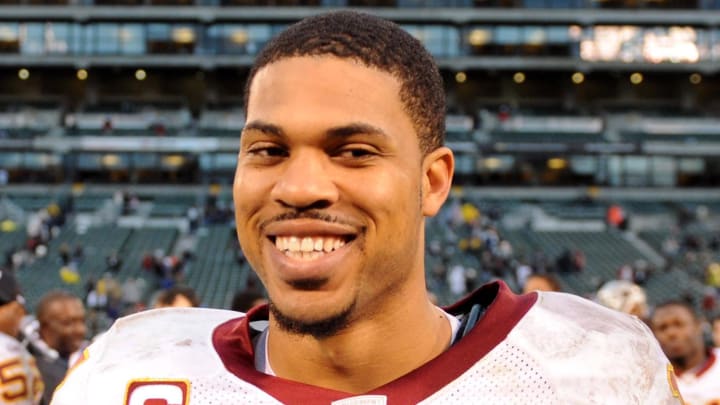Commanders deep dive: Washington's fickle history of first-round quarterbacks
By Jonathan Eig

Sammy Baugh - 1937
Sammy Baugh was drafted as a tailback, but he would become known as the NFL’s first modern quarterback. He set records galore and was more responsible than any other player for developing downfield passing as an integral part of offenses around the league.
Baugh was the “quarterback” on the now-Washington Commanders' two championship teams in 1937 and 1942. He was a first-rate defensive back and one of the greatest punters in the history of the league.
Washington had other Pro Football Hall of Fame players in its early years, but Baugh is the only name still widely remembered by current fans. He is arguably the greatest and most important player in franchise history.
Jim Hardy - 1945
Because of Sammy Baugh’s presence, Washington did not spend another first-round pick on a quarterback for the next eight years. Jim Hardy was the first in a long series of potential replacements - none of whom panned out.
Hardy was a star at USC, but he never played a down for Washington. He was dealt to the Rams when they moved from St. Louis to Los Angeles for the 1946 season, where he backed up Pro Football Hall of Famer Bob Waterfield for several years.
The signal-caller was initially seen as Waterfield’s successor, but he was surpassed by Norm Van Brocklin. Hardy played several more seasons in Chicago (for the Cardinals) and Detroit before retiring.
Harry Gilmer - 1948
Harry Gilmer starred at Alabama before coming to Washington with the No. 1 overall pick in the 1948 NFL Draft. On paper, he seemed like an ideal stand-in for Baugh. He could run, throw, punt, and play defense.
Gilmer played 57 games for Washington, which is more than any other first-round “quarterback” ever achieved – except Baugh himself. However, given his versatility, he rarely played quarterback for the team.
A serious leg injury early in his rookie year essentially ensured Gilmer would never live up to his lofty draft status. Though he did start a handful of games for an aging and injured Baugh in 1950 and 1951, he retired after the 1956 season never having won a game as a starting quarterback.